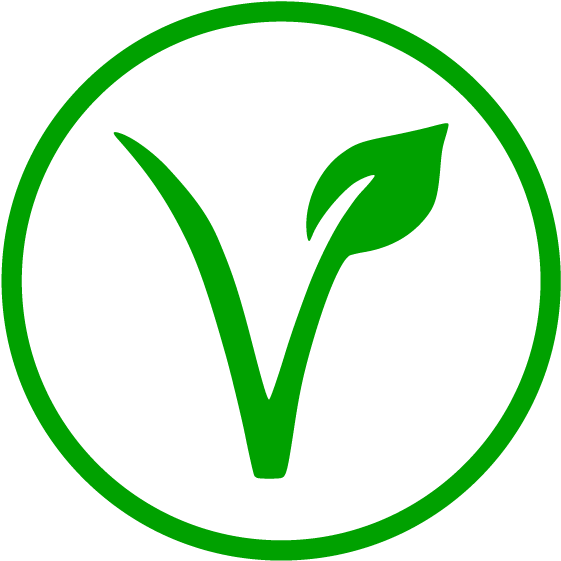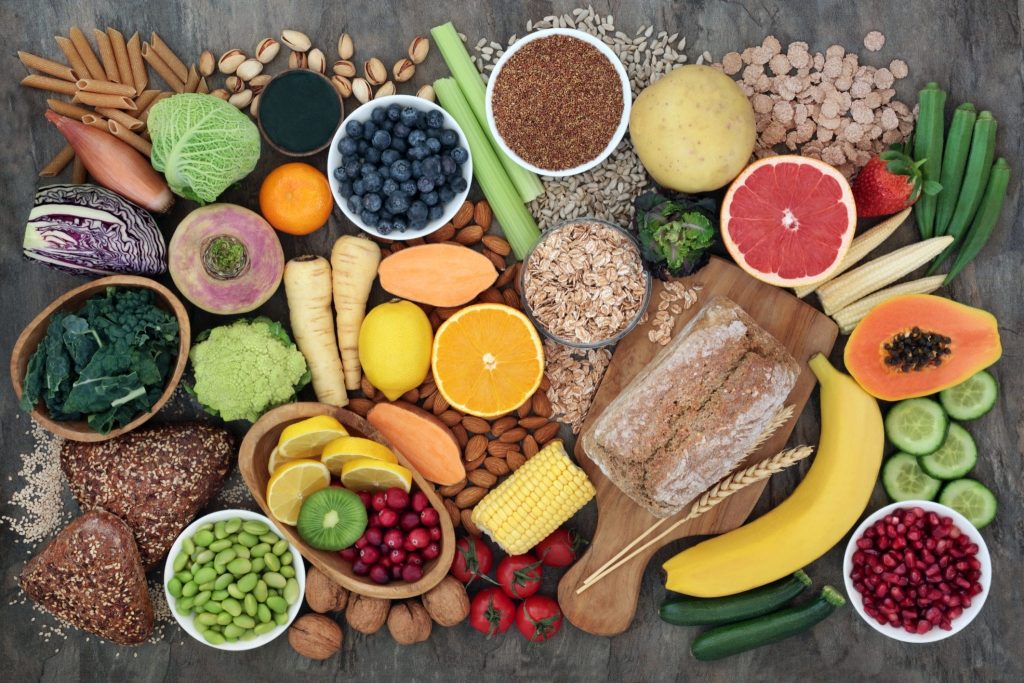Folks on a plant based diet may find themselves wondering – which protein-rich food would be a good source of calcium for vegans?
It is a common concern among vegans to maintain their protein and calcium levels. After all, these nutrients are abundant in animal products and dairy.
But if you are avoiding these foods as a vegan, you don’t have to find yourself to be deficient in these nutrients. In fact, there are plant based foods that are a good source of calcium for vegans like you!
Make it a point to eat the foods we listed below to get your calcium supply daily. Let’s get right to our list!
Which Protein-Rich Foods Are Good Sources Of Calcium For Vegans?
Power up your body with these protein-rich foods loaded with calcium. And yes – they are vegan-friendly, too!
1. Soybeans
Foods made from soybeans such as tempeh and tofu are amazing vegan sources of protein and calcium. In fact, they contain essential amino acids and complete protein unlike many other plant based foods.
For instance, tofu and tempeh contain up to 10 grams of protein and calcium. The same holds true with edamame, which is a great source of fiber, vitamin K and folate, as well.
Tempeh is made from fermented soybeans, thus making it a probiotic-rich food, too.
Make it a point to include soybeans to your diet for your protein and calcium needs.
2. Seitan
Ever seen those mock meats sold at vegan restaurants and supermarkets?
Many of them are made of seitan, which is a wheat-based ingredient. When cooked, it closely resembles meat’s texture and appearance.
Seitan is a good source of protein. Just a serving of seitan delivers up to 25 milligrams of protein. Thus, it is a quick way to get protein into your body (and tasty, too!).
But it’s not just protein that seitan has a lot of. It is also a notable source of other nutrients such as phosphorus and calcium.
It’s easy to prepare and add seitan to your meals. Whether you marinate and fry or grill it, you can expect it to taste great! Add in some vegetables to power up your dishes each time.
A word of caution, however. Seitan is wheat-based, which makes it undesirable for people with celiac disease or gluten intolerance.
3. Legumes
Chickpeas, lentils, and beans are all legumes – and yes, they are high-protein and calcium-rich foods.
A cup of cooked lentils contains a decent amount of protein (18 grams). You can also add it to your salads, soups, or dals. Plus, lentils are also rich in fiber, as well as prebiotics to promote gut health.
You can also get some calcium from lentils, which makes it a nutritional powerhouse!
Aside from lentils, be sure to incorporate other types of legumes into your diet including chickpeas and beans. These foods boast of their protein content, giving you a whopping 15 grams of this nutrient for each cooked cup.
And just like lentils, beans and chickpeas contain calcium. They offer up to 11 percent of the total RDI.
Make a bowl of chili with beans or prepare some hearty hummus with your chickpeas and dip your vegetable sticks or rice crackers in it. Either way, these legumes are not only tasty and healthy but easy to prepare, too.
4. Hempseed
Thinking of a way to boost the nutritional value of your smoothies and cereal?
You can easily make this happen by sprinkling some hempseed on these dishes.
Hempseed is sourced from Cannabis sativa, yet they contain just a very small amount of THC. But what they have a lot of are protein and calcium. A serving of hempseed provides 10 grams of protein and some calcium.
Additionally, these healthy seeds are rich in selenium, zinc, and iron, as well. You can improve your overall health with hempseed. Some benefits include a reduced risk of inflammation, clearer skin, and easing PMS symptoms.
5. Grains
Healthy grains such as teff and spelt are a notable source of calcium and protein for vegans.
Spelt contains wheat and gluten, yet teff is a gluten-free food as it comes from grass.
Both of them offer a good amount of protein, up to 11 grams for each cooked cup of these grains. They also contain calcium, carbs, iron, magnesium, and fiber.
If you need a healthier alternative to your usual grains such as rice and wheat, then teff and spelt are great options to consider.
6. Nutritional Yeast
Vegan versions of cheesy dishes such as mac and cheese and similar foods usually contain nutritional yeast.
This comes in a flake form and comes from the Saccharomyces cerevisiae yeast. Its main feature is the cheesy flavor, which makes it a fun addition to various dishes.
Aside from tasting amazing, nutritional yeast is very healthy. It contains about 14 grams of protein and some calcium, as well. There are even nutritional yeast brands fortified in vitamin B12, another nutrient that not many vegans get a lot of from plant foods.
7. Spirulina
They may be small but don’t look now – spirulina is actually an excellent nutritional powerhouse everyone – not only vegans – should add to their diet.
It is a blue-green algae teeming with a hefty amount of complete protein and some calcium content. A couple of tablespoons of spirulina contains 8 grams of protein. A 100-gram serving of spirulina is packed with 120 milligrams of calcium.
It is also a potent antioxidant and has anticancer properties. By adding it to your daily diet, you are not only getting the protein and calcium you need, but also protecting your body from inflammation and regulating your blood sugar levels.
8. Soymilk
More than other types of plant based milk, soymilk has a higher protein and calcium content. After all, it is made of soybeans, which is an excellent source of these essential nutrients.
In fact a cup of soymilk has 7 grams of protein. The same serving size has 60 milligrams of calcium, as well as trace amounts of vitamin B12 and vitamin D.
You can easily add soymilk to your diet by using it on your cereal, smoothie, or as a liquid for making pancakes, waffles, and other baked goodies.
However, it is best to stick to unsweetened varieties to keep your blood sugar levels in check. You may also want to get the fortified variety to further increase your nutritional intake of calcium from soymilk.
9. Chia Seeds
They may be tiny but never underestimate the amazing nutrients you can get from chia seeds. A plant native to Guatemala and Mexico, the Salvia hispanica is where chia seeds are sourced from.
It is a rich source of protein and fiber, providing 6 grams and 13 grams of these nutrients, respectively.
Additionally, there is a good amount of calcium and iron from these small seeds, as well. As these are so versatile, you can easily add chia seeds to any recipe such as your smoothie, oatmeal, pudding, and baked goods. Some culinary experts also use chia seeds as an egg replacement because of this thick and gel-like texture when soaked in water.
10. Nuts
Last but not least, nuts are a great protein and calcium source. You can get as much as 7 grams of protein per ounce of nuts such as almonds, Brazil nuts, and pecans.
You can easily add nuts to your diet by preparing a trail mix with different types of nuts or making nut butters out of them.
Use these nut butters as a dip for your veggie sticks or as a creamy and nutritious spread for your sandwiches. No matter how you eat it, you can count on the nutritional value that nuts have to offer.
Final Thoughts
Vegans are never short of protein and calcium in their diet, as long as they include these foods we have listed above.
These protein-rich foods are also good sources of calcium for vegans. They are easy to prepare, tasty, and easily available at many supermarkets, as well.
So, make it a point to eat these foods daily to boost your protein and calcium intake for a thriving health and protection from illnesses.

